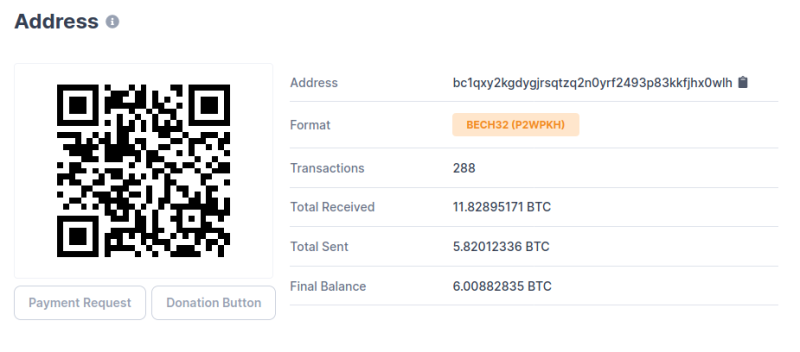Don’t send bitcoin to celebrities… or to random people for that matter. This afternoon a number of high profile Twitter accounts were taken over, including Joe Biden, Bill Gates, Elon Musk, Apple, Jeff Bezos, and Kanye West, and the event appears to be ongoing. Each displayed a message saying they wanted to “give back” by doubling the bitcoin that they are sent. The messages all appear to have the same bitcoin wallet address.
This is reminiscent of the “Nigerian prince” scams, a form of advance-fee scam where an email asks for help with a small sum of money in order to obtain a larger sum. Those usually come in as spam emails which most people are wise to at this point. However, blindly following celebrities on Twitter may still deliver a good dose of naïveté when those platforms are misused.

Bitcoin transactions can be viewed publicly and this wallet is showing 11.8 BTC in and 5.8 BTC out in a total of 288 transactions. The net is roughly 6 bitcoin or $55k USD at the time of writing. Twitter’s response appears to have locked down all verified accounts from publishing new tweets. They retain the ability to retweet and delete existing tweets.
Main image screenshot sources:













